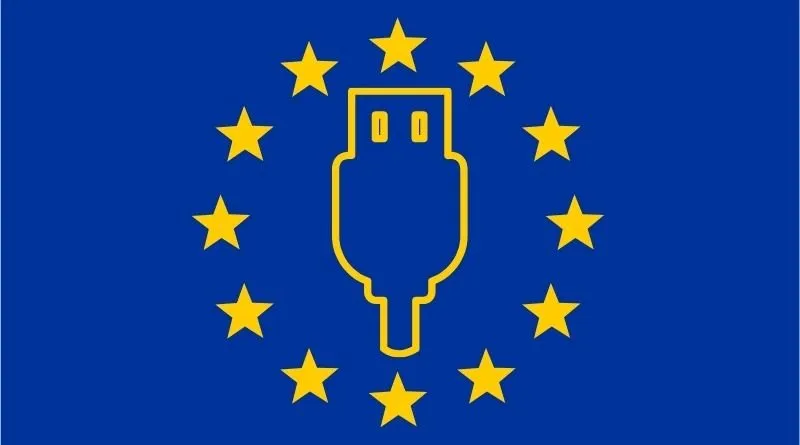An algorithm like the one for Netflix recommendations could be used to study cancer

In a joint study, researchers from the University of California, San Diego and University College London used artificial intelligence to analyze and categorize the size and scale of DNA changes across the genome when cancer begins and it grows.
The sample analyzed in this research included the genomes of 9,873 patients with 33 types of cancer, through which they found 21 categories of common changes in the structure and number of chromosomes in the genetic material of tumors.
Artificial intelligence for the advanced study of cancer
These common DNA changes, known as copy number signatures, could be used to build a model to predict how a cancer is likely to progress and design the most effective treatments for it.
“Cancer is a complex disease, but we have shown that there are remarkable similarities in the changes that occur in chromosomes when different cancers start and grow”, commented Ludmil Alexandrov, a professor of bioengineering and cellular and molecular medicine at the University of California, San Diego and co-senior author of the study.
When a cancer breaks out in the body, the mutations in the DNA generated by this disease can cause large-scale failures throughout the genome. These faults can give rise to too few or too many chromosomes, compared to normal cells. Under these conditions, tumors can also develop malfunctions in the mechanisms designed to repair their DNA, leading to further flaws in the structure of the DNA within the chromosomes, as well as errors when the DNA tries to make copies of itself.
The researchers’ focus was on studying these large-scale genomic flaws in different types of cancer. To further this goal, the use of a set of AI tools developed by the Alexandrov lab, called SigProfiler, was launched, which scans sequencing data from cancer patients and identifies common patterns in chromosomal changes in different types of cells. cancer.
“Based on these changes the genome has previously undergone, our algorithm can predict how your cancer is likely to behave, similar to how Netflix can predict which series you’ll choose to binge-watch next based on your viewing activities.” previous»Alexandrov said.
The use of this algorithm was essential to identify the 21 copy number signatures found in this study. This also allowed the researchers to anticipate the behavior of some of the most difficult-to-treat cancers.
“Mutations are the key drivers of cancer, but much of our understanding focuses on changes in individual cancer genes. We have been missing the big picture of how vast swaths of genes can be copied, moved, or deleted without catastrophic consequences for the tumor.”said Nischalan Pillay, professor of sarcoma and genomics at University College London and co-senior author of this study. “Understanding how these large-scale genomic events arise will help us regain an advantage over cancer”he added.
SigProfiler and other software tools used in the study were made available to other scientists by the researchers for use in building new “Netflix-style” DNA chromosomal change libraries, based on data obtained from tumor sequencing.
“As it becomes faster and cheaper to read an individual’s genetic code in its entirety, we hope our model will be widely used to navigate that code and help clinicians deliver better and more personalized cancer treatment.”Alexandrov said.
The first advances obtained by this team, focused on the early detection of cancer using AI, were documented and published in the journal Nature. His next steps will be devoted to developing mechanisms to predict response to cancer therapies.




